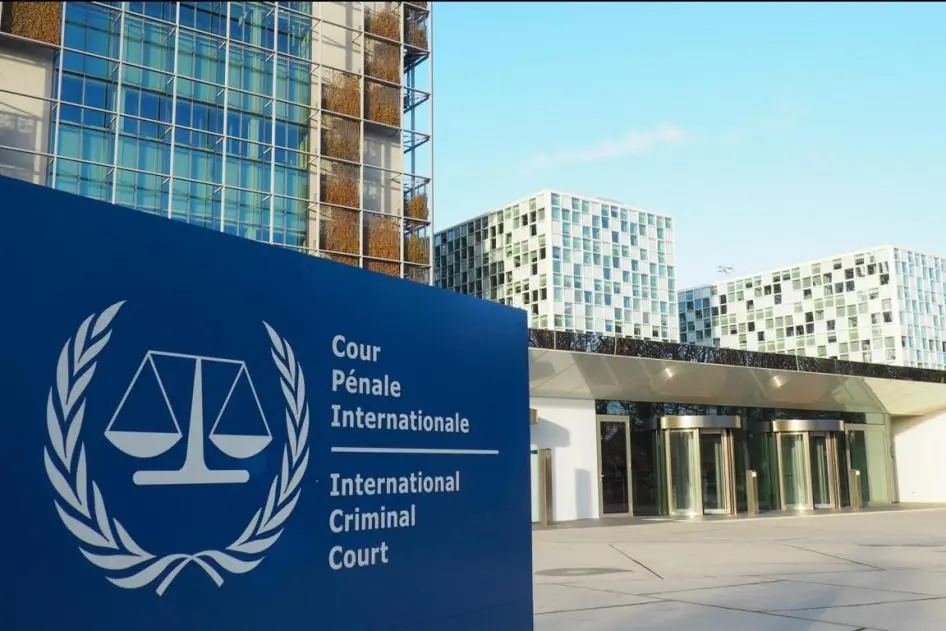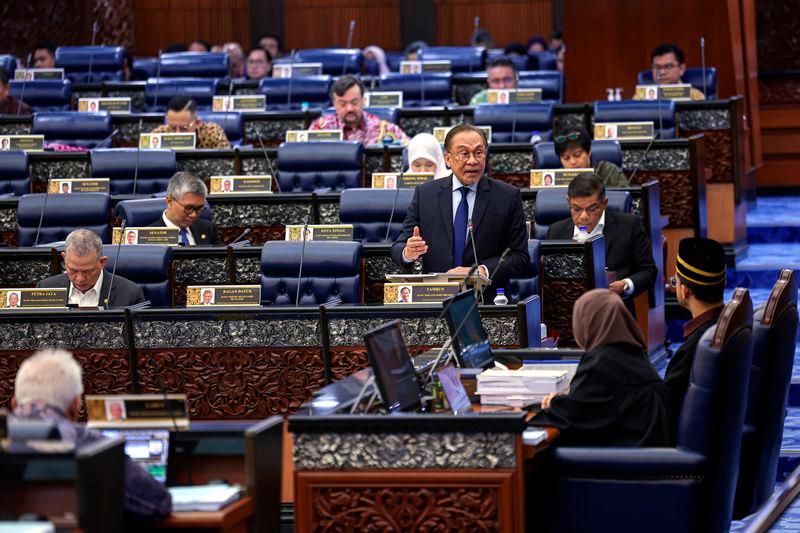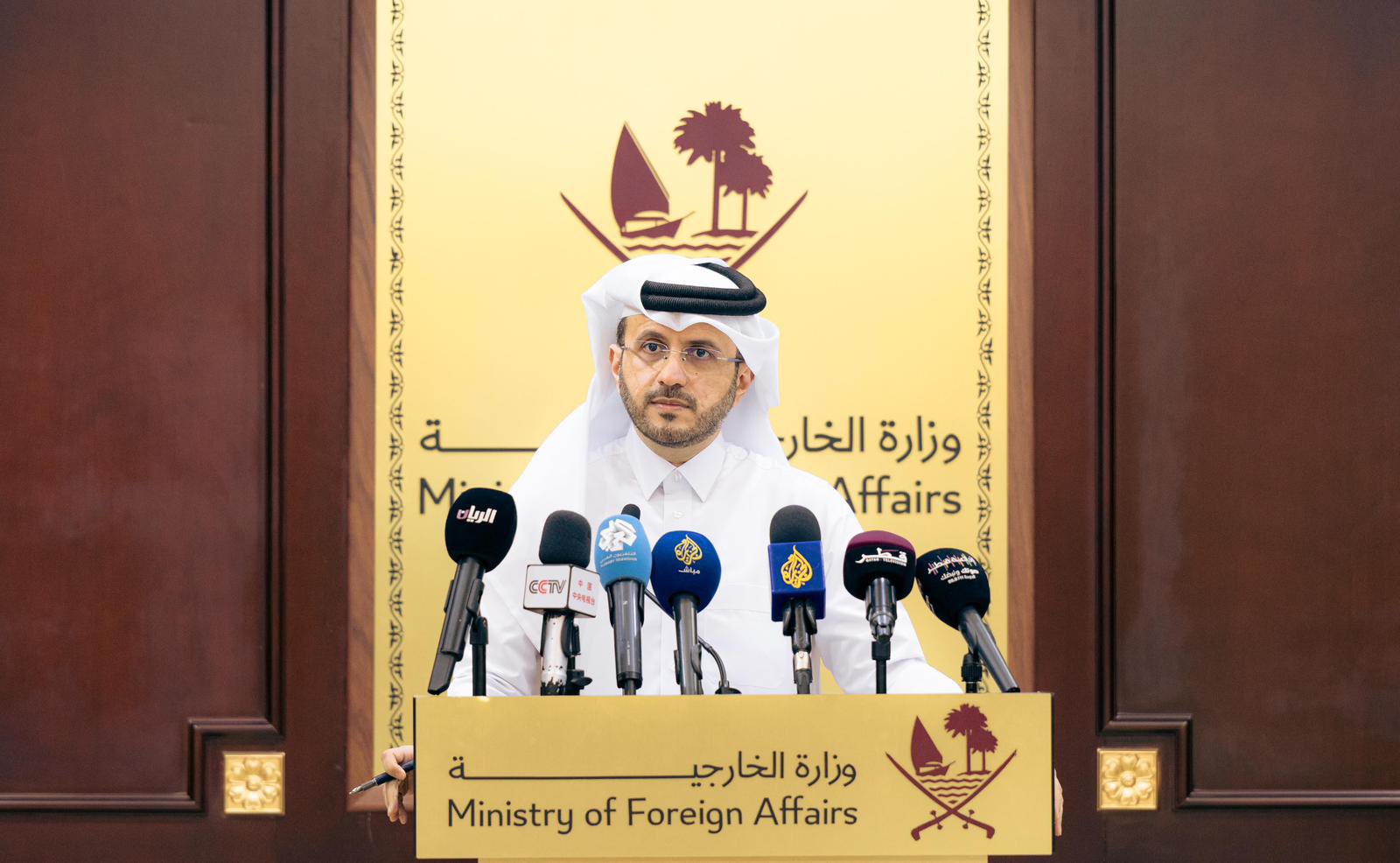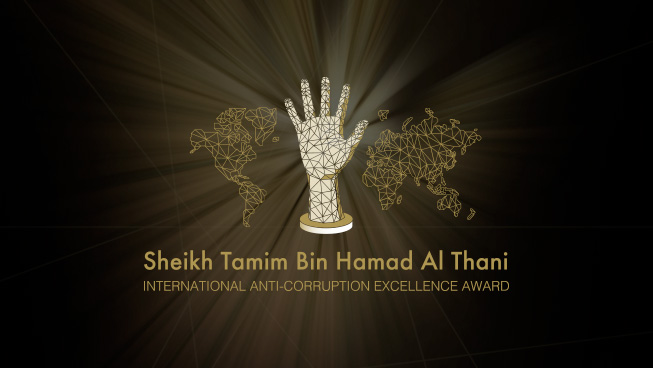The leading artist took listeners on a trip from Beirut, to Jerusalem and the coast of Alexandria—uniting a divided region.
Music has long been described as mankind’s “universal language”, given its ability to speak on our behalf when words fail us.
In the Arab world, Fairuz herself is the common language that connects the region.
Since the 1950s, the Lebanese singer has emerged as a voice of unity in Lebanon and the region, transcending all divides, wars and political factions.
She sang of love, pain, nationalism, unity and peace, with every lyric taking the listener down to a different journey.
Through “Kifak Enta”, one longs for their lost lover—even if they are non-existent—as “Nassam Alayna El Hawa” takes listeners on a road trip back to a sunny valley somewhere in the Levant region.
Though she was born as Nouhad Haddad, her star name Fairuz translates to “turquoise” in Arabic, resembling the colour of the waters that connect the region.
Her voice has always been present and associated with morning coffee, breakfasts and road trips.
For many Arabs, it is difficult to identify the exact moment in which they were introduced to Fairuz, as her music is often naturally inherited from one household to another.
She has always been there.
“She doesn’t get stuck in time, she doesn’t get stuck in place. Most people can’t remember the first time they heard her, she’s been there for very important milestones within their lives, but that also keeps moving and shifting,” Dr. Dima Issa, Lebanese researcher of pop culture, told Doha News.
Growing up in Qatar in a Lebanese household, Fairuz was always omnipresent in Dr. Issa’s household as well as the Arab diaspora across the world.
Similarly, Alessandra, a 25-year-old Lebanese living in Qatar, constantly found her way back home through Fairuz’s harmonious voice, describing it as “a national treasure” passed down through generations.
“What she is to me is very sentimental[…]I associate Fairuz with my hometown Beirut, I always say if Beirut was a soundtrack, it would be a Fairuz song. I also associate it with mornings at home with my parents,” Alessandra said.
“She makes me nostalgic for a time and place I never lived in but wish that I did,” the young Lebanese added.
Mysterious power
The power of Fairuz only occurred to Dr. Issa around 2010, when she was in London away from Doha, a much smaller place with a tight-knit community.
Seeking to feel a sense of belonging, Dr. Issa listened to Fairuz, which instantly provided her with comfort.
As the 2011 revolutions, known as the Arab Spring, took place, Dr. Issa was in California trying to access credible information on the events.
The moment in which she found Fairuz’s lyrics being used to describe the situation in every Arab country at the time of the events, Dr. Issa was inspired to write her book “Fairouz and the Arab Diaspora Music and Identity in the UK and Qatar.”
“I felt that Fairuz moves just beyond this Lebanese identity that people associate with her. She has this kind of pan-Arab appeal, people find sanctuary in her voice, they find belonging in her words,” Dr. Issa said.
The renowned artist has her own mysterious power that many are unable to understand, leaving them wondering how someone who maintains a low profile has this much of an influence on an entire region and its many generations.
Fairuz rarely opens her door for interviews and little does she hold concerts, though one press participation that the world continues to remember is one with the New York Times in the 90s.
In Qatar, she held two concerts, one in the 90s and another in the early 2000s.
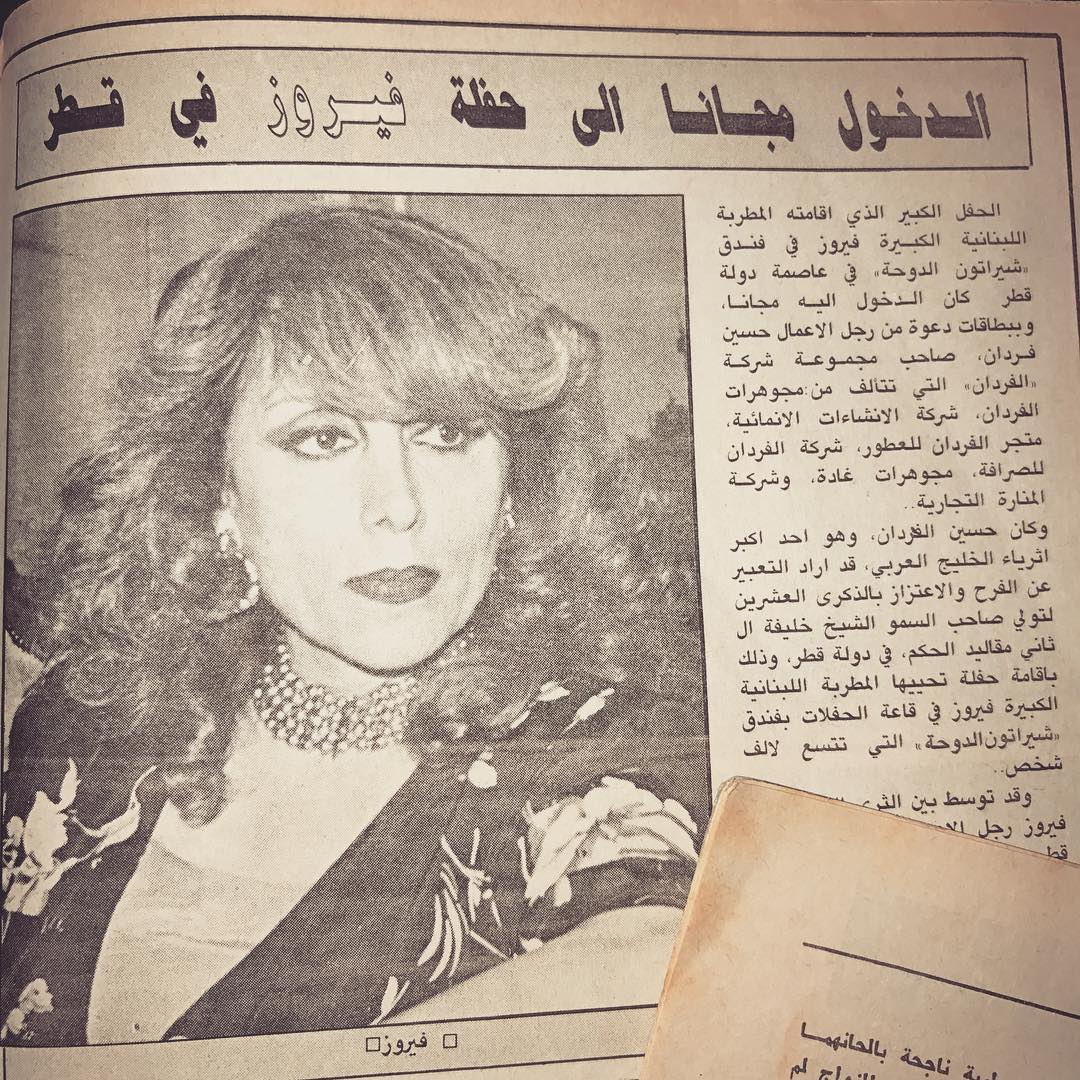
Fairuz’s music takes listeners on a trip from Beirut, the holy city of Jerusalem, to the coast of Alexandria.
“She has the credibility for Arabs to feel like they can come together[…]Fairuz allows for this idea of feeling Arabness and what Arabness is, is so diverse,” Dr. Issa said.
As the Israeli occupation advanced its settlements and took over more parts of Palestine, Fairuz’s voice spoke in the name of resistance.
Through “Zahrat Al Madaen”, or “Flower of Cities”, the eight-minute song touched the hearts of grieving Palestinians living under occupation, expressing the Arab world’s unity in a cause that falls in the heart of the region.
“The glaring anger is arriving, riding the steeds of the fear, and will defeat whoever is in power. This is our home and Jerusalem belongs to us and in our hands we will celebrate the splendour of Jerusalem, by our hands the peace will return to Jerusalem,” Fairuz sang in the powerful final verses, speaking out for millions of Palestinians.
Unity in divided Lebanon
Zooming closer into the region, Fairuz’s power is even greater in her home country since the beginning of her stardom.
Lebanon’s arts scene flourished in the golden age of the 60s, before the 1975 civil war pushed the country into a long state of constant grief, leading to a decades long political divide.
At the time of the bloody conflict, Fairuz spoke for Lebanon through “Li Beirut”, or “To Beirut”, an ode to her country, where she expressed the words choked up within the millions of Lebanese people.
“Where politics fail, arts triumph, and no matter what sect you are part of or what political party you support, as a Lebanese you still have love for Fairuz. I don’t think her power transcends to uniting a region more than it does so in uniting Lebanon,” Alessandra said.
Even back then, Fairuz was seen as an apolitical force, given that she rarely speaks to the media on her stances’ nor does she associate herself with one political party.
As the war raged, radio broadcasts used to interject news over the tragic developments with Fairuz’s songs, representing an odd sense of contradiction.
“That would give people hope for things getting better, kind of reassurance during that time,” Dr. Issa explained.
Having lived through Lebanon throughout the war, Graziella, a 50-year-old Lebanese in Qatar, would associate Fairuz with love and agony at the same time.
“There’s a paradox connected to Fairuz. She reminds you of quiet mornings, birds singing by the river[…]but at the same time she reminds me of early mornings having to rush to the shelters, running from bombarding planes,” Graziella told Doha News.
Graziella views Fairuz as a school, Lebanese museum and “the sound of Lebanon.”
“There’s another category that we should never forget to mention that is the Lebanese abroad, expats everywhere. Fairuz is the bond of Lebanon,” Graziella added.
Lebanon witnessed yet another dark chapter in 2020, when the tragic Beirut Port explosion rocked the capital and defaced the city.
Shortly after the explosion, Fairuz appeared for the first time after a long hiatus away from cameras.
Lebanon’s powerful voice had opened her door for French President Emmanuel Macron, who chose to meet her at the time.
“August 4th was that point where everyone was in mourning, none of the political leaders said anything about anything that was going on and that visit just showcased the fact that Fairuz’s voice is the one that matters,” Dr. Issa noted.
Images of Fairuz, clad in face shield at the early days of the Covid-19 outbreak, took the entire world into her house.
Through the images, one could observe every detail in her vintage house and almost smell the coffee that was on the stove in the hours before Macron’s visit.
Even during the sorrow inflicted by the sudden explosion, the Lebanese nation found peace in seeing her images, a feeling that has long been associated with the famed singer.
Throughout the regional fragments and endemic sectarianism, Fairuz has proven to be the voice of solace and unity, and a companion for every Arab diaspora.
“She’s ephemeral, she’s someone who grows with time. She’s someone who moves through space, moves through time[…]understanding her constantly changes,” Dr. Issa said.


